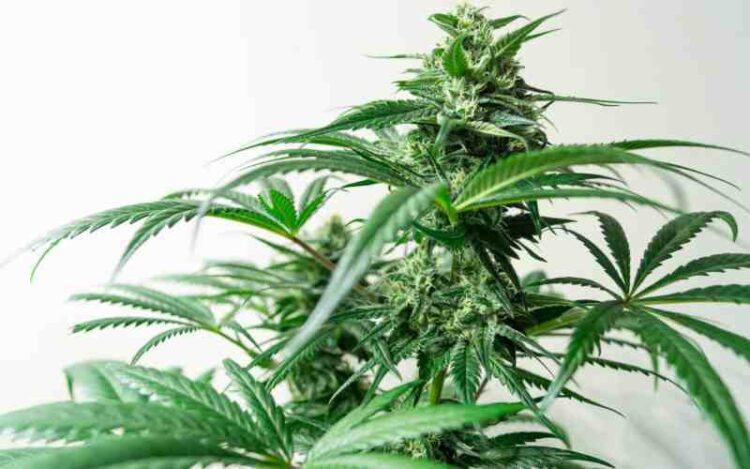An agreement has been finalized between New York City’s agency responsible for child welfare and a mother who was separated from her newborn shortly after his birth.
As reported by an article in the New York Daily News, the New York Administration for Children’s Services will compensate Chanetto Rivers, who claimed she underwent a drug test without her approval, a settlement amount of $75K along with legal fees.
The case involving Rivers came to the public’s attention in May, spotlighted by the New York Times with an article titled “She Smoked Weed Legally, Then Gave Birth. New York Took Her Baby.” This title seems quite fitting since Rivers welcomed her son into the world in August 2021, a period following the legalization of recreational cannabis use in New York by five months.
Despite the recent legal developments, ACS took Rivers’ child into their custody merely two days post-birth. Rivers contested this move in court, citing ACS’s own guidelines from 2019, which predated the legalization and clearly states the prohibition of separating a mother and child solely based on marijuana use.
The document explicitly states, “The mere presence of marijuana in a newborn or the mother during delivery is not adequate grounds, by itself, to confirm child maltreatment or to justify the removal of the child by ACS, or to initiate a case in Family Court,” – quoted from “ACS Policy and Practice on Cases Involving Marijuana Use by Parents.”
The Daily News detailed how this ordeal commenced when Rivers informed her medical team that she had used cannabis a few hours before arriving at the hospital during a family gathering. It is alleged that Rivers was subjected to a drug test without her consent, which tested positive for marijuana both in her and her newborn. Consequently, ACS instructed the hospital to retain the child, prohibiting his release to Rivers.
Speaking to the Imprint, Niji Jain, the primary lawyer in the case and the head of the Impact Litigation Practice at Bronx Defenders, stated, “In the days following the birth, Rivers had to endure physical agony as she traveled daily to the hospital to see her newborn, a visitation that was permitted only because they were kept separate.”
Throughout a week of separation, Rivers shuttled between the hospital to visit her baby and the court, seeking a judge’s intervention. Her efforts were rewarded when a judge issued an emergency decree, restoring her custody rights over her son. Nevertheless, Rivers faced months of scrutiny, mandatory visits, drug screenings, and obligatory attendance at anger management and parenting classes. The lawsuit filed by Rivers hinted at racial discrimination as a factor in her case.
Through a statement released by her legal team, Rivers voiced, “My intention behind this lawsuit was not solely for my justice but for every Black family that has been torn apart by ACS. Their acknowledgment of their wrongdoing is a warning for the future.”
An ACS representative commented on the lawsuit’s resolution, emphasizing their individual approach to each case, while affirming that the use of marijuana alone doesn’t constitute child harm. They noted, “In every case, especially those involving allegations of substance misuse, we analyze the child’s safety individually, considering any actual or potential harm to the child and evaluating the parent’s ability to provide adequate care for the child.” They also affirmed the existing state and city policies which discourage the filing of neglect cases based solely on parental marijuana use.
Besides the financial settlement, Rivers’ case sheds light on a recurrent issue. The practice of separating newborns from mothers citing substance abuse or marijuana usage is not rare. A recent study published in the Journal of the American Medical Association highlighted that Black mothers were significantly more likely to undergo drug testing at the time of birth compared to white mothers, with a discrepancy rate of 2.2%.
UNRELATED NEWS: Recent Report Reveals Cannabis is Most Used Substance in Europe









